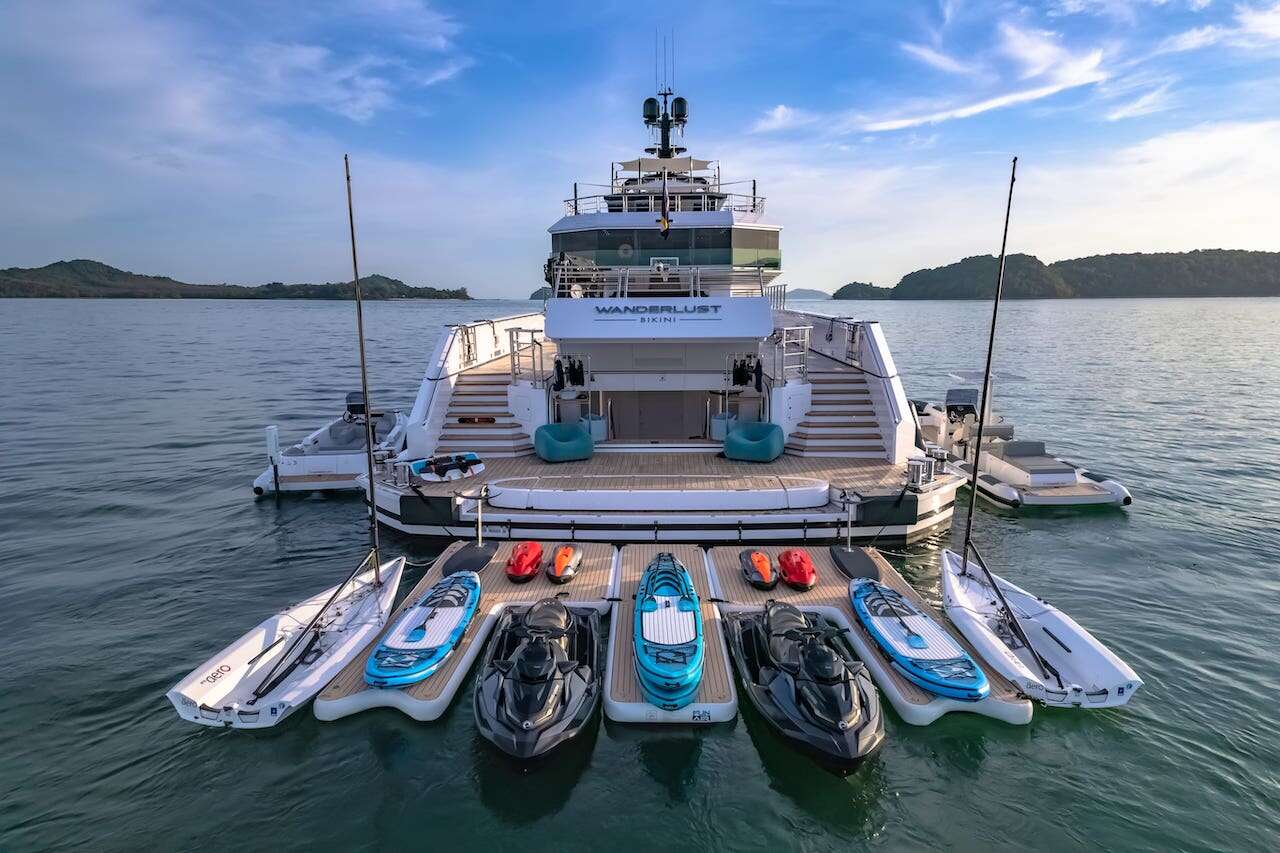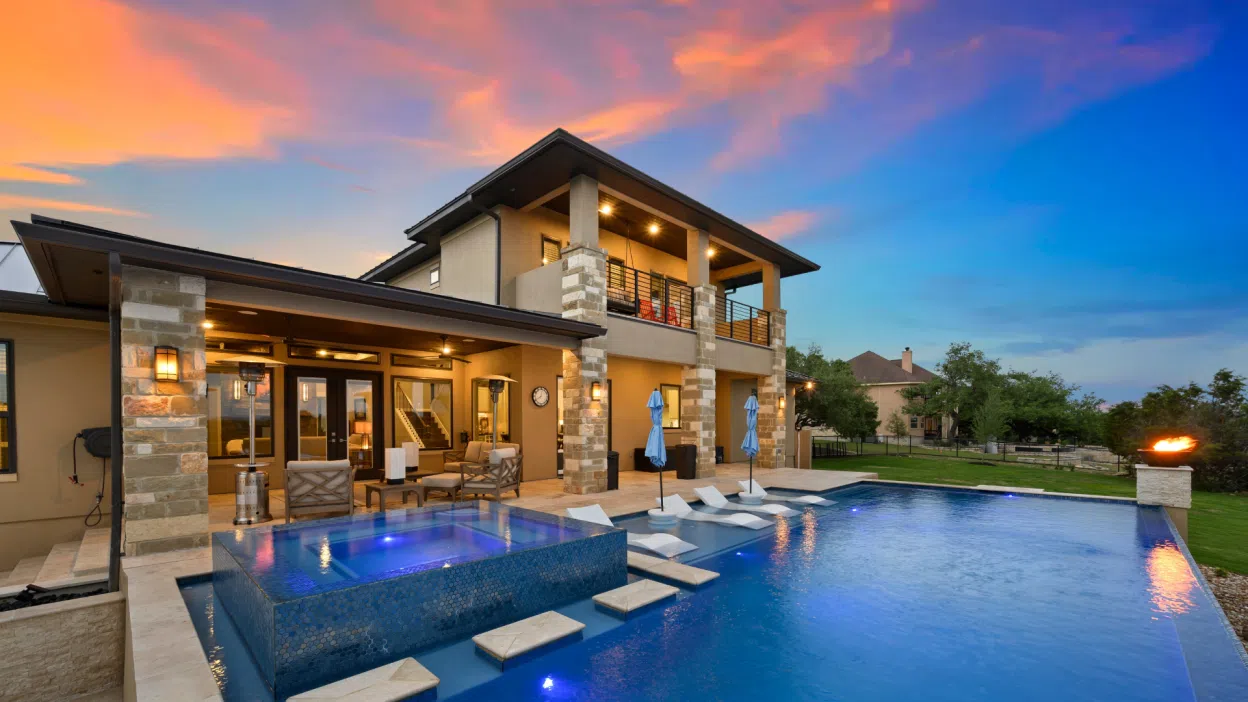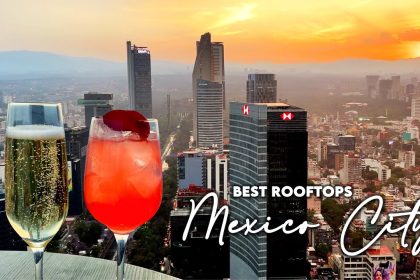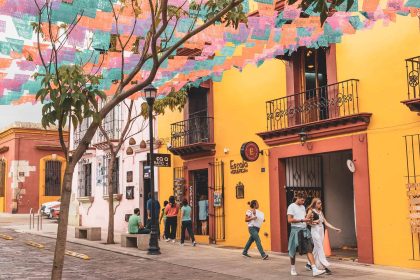The New Face of Luxury: Not Your Abuela’s Timeshare
Picture this: a group of friends in their early thirties, sipping mezcal on the terrace of a cliffside villa in Los Cabos, the Pacific sunset painting their faces gold. They’re not influencers faking it for Instagram (well, not all of them). They’re owners—fractional owners—of this slice of paradise, and their story is rewriting the rules of luxury travel and investment for a whole new generation.
- The New Face of Luxury: Not Your Abuela’s Timeshare
- From Status Symbols to Shared Experiences
- Fractional Ownership: The Democratization of Dreaming Big
- The Business of Belonging: How the Industry Adapted
- Human Stories: Investing in Joy, Not Just Real Estate
- The Numbers: Satisfaction, Growth, and the Millennial Surge
- The Double-Edged Sword: Challenges and Cautions
- Mexico: The Beating Heart of Modern Fractionals
- The Future: Tech, Transparency, and the Rise of the “Experience Investor”
- Hasta Mañana
Welcome to the era of luxury fractionals, where Millennials and Gen Z are investing their wanderlust, not just their wallets. Forget the dusty image of timeshares past—today’s vacation ownership is as flexible, digital, and experience-driven as a taco stand at a Tulum beach party. And amigos, the fiesta is just getting started.
From Status Symbols to Shared Experiences
Let’s taco ‘bout what’s changed. For decades, luxury meant owning the whole enchilada: a sprawling villa, a yacht, maybe a private jet. But as a recent global study revealed, younger affluent travelers are ditching traditional status symbols for unforgettable, identity-defining experiences.[source]

According to Assembly’s “The New Codes of Luxe,” spending on experience-focused luxury—think boutique resorts, wellness retreats, and curated adventures—is set to reach $391 billion by 2028, growing at twice the rate of luxury goods. Millennials and Gen Z, who will soon represent 75% of the luxury market, are leading this charge. For them, luxury is about access, not excess; about stories, not stuff.
Ultimate status has evolved beyond mere ownership of luxury goods. Creating unforgettable, identity-defining experiences has become the new marker of affluence.
Assembly, The New Codes of Luxe
Fractional Ownership: The Democratization of Dreaming Big
So, how does a generation facing student debt and sky-high real estate prices end up owning a piece of paradise? Enter fractional ownership—a model that lets you buy a share of a luxury property, enjoy all the perks, and skip the headaches of full ownership.
Platforms like Realbricks and PRYPCO Blocks are making it possible to invest in prime real estate with as little as $100 or AED 2,000. Instead of saving for years to buy a whole property, Millennials and Gen Z can start building wealth and collecting memories now. As one Dubai-based platform puts it, Fractional ownership is a powerful way for young investors to access high-quality properties without needing millions in the bank.[source]
But it’s not just about affordability. Fractional models offer flexibility (sell your share when you want), diversification (own pieces of multiple properties), and zero property management headaches. It’s like building your own taco platter—choose a little of everything, and never get bored.
The Business of Belonging: How the Industry Adapted
The timeshare industry has come a long way since the 1990s, when the average owner was a Baby Boomer and the model was as rigid as a stale tortilla. The arrival of luxury hotel brands—Ritz-Carlton, Four Seasons, Marriott—brought a new level of service, exclusivity, and trust. These pioneers introduced innovations like:
- Flexible usage and exchange programs (swap your Aspen ski week for a St. Thomas beach escape)
- Deeded ownership (real equity, not just a right to use)
- High-touch amenities (concierge, private chefs, curated experiences)
- Digital booking and management platforms
Today, 57% of all timeshare owners are Millennials or Gen Z, with the average age of new buyers at just 39. These younger owners travel more often, value flexibility, and expect seamless digital experiences. The industry responded with points-based systems, app-based management, and partnerships with lifestyle brands.
As younger generations continue to shape how and why we travel, vacation ownership is no longer about locking into one resort anymore. It’s about choice, access, and ease—things modern travelers care about most.
Barry Robinson, President, Travel and Leisure International Operations
Human Stories: Investing in Joy, Not Just Real Estate
Let’s meet Ana, a 29-year-old tech entrepreneur from Guadalajara. She grew up watching her parents save for decades to buy a vacation home they rarely used. Ana, on the other hand, owns fractions in three properties: a jungle villa in Tulum, a ski chalet in Colorado, and a pied-à-terre in Madrid. She books her stays through an app, swaps weeks with other owners, and never worries about maintenance.
I wanted to invest in my lifestyle, not just my portfolio. Fractional ownership lets me live my dreams now, not someday.
Ana
And then there’s Diego and Sofia, newlyweds from Monterrey, who pooled their wedding gifts to buy into a luxury residence club in Los Cabos. We wanted our first big investment to be something we could enjoy together, with our families, for years to come, Sofia explains. It’s not just a property—it’s our future memories.

The Numbers: Satisfaction, Growth, and the Millennial Surge
Let’s sprinkle in some salsa picante—hard data:
| Aspect | 1990s | 2000s | 2010s–2020s |
|---|---|---|---|
| Owner Satisfaction | 80–90% | 84%+ | Remained high |
| Usage Patterns | Longer stays, prepaid use | 63% increase in nights | Flexible, experience-driven |
| Demographics | Older (Boomers, Gen X) | Avg. age ~45 | Avg. age 39, 57% Gen Z/Mill. |
| Number of Owners (US) | ~1.5 million (1990) | ~6 million (2003) | Continued growth |
Owner satisfaction has remained consistently high—80–90% since the 1990s—thanks to the industry’s focus on flexibility, exclusivity, and unique experiences. Millennials and Gen Z now make up the majority of new buyers, and their appetite for travel shows no sign of slowing down.
The Double-Edged Sword: Challenges and Cautions
Of course, every fiesta has its piñata—sometimes you get candy, sometimes confetti. Critics warn that the rise of fractional investment could exacerbate housing shortages in some markets, as more properties are snapped up for investment rather than primary residence.[source]
And while social media is filled with glamorous poolside shots, not every “luxury” vacation is what it seems. Some Gen Z travelers are funding their wanderlust with debt, or splitting rentals with friends just for the perfect Instagram moment.[source]
But for those who do their homework, fractional ownership remains a powerful, transparent, and secure way to invest in both wealth and well-being.
Mexico: The Beating Heart of Modern Fractionals
Now, let’s add a dash of Mexican magic. Did you know that the town of Valle de Bravo, just two hours from Mexico City, is home to some of the most exclusive fractional properties in Latin America? Once a sleepy lakeside village, it’s now a hotspot for luxury residence clubs, blending colonial charm with world-class amenities. It’s a reminder that Mexico isn’t just a destination—it’s the soul of modern vacation ownership.
And here’s a little-known fact: the first luxury fractional residence club in Mexico was launched in the early 2000s in Punta Mita, setting the standard for service, sustainability, and cultural immersion. Today, Mexico leads the region in both innovation and owner satisfaction.
The Future: Tech, Transparency, and the Rise of the “Experience Investor”
Looking ahead, the industry is doubling down on technology—think blockchain-secured transactions, AI-powered booking, and seamless global exchanges. Platforms like Realbricks are already offering hands-off investing, quarterly dividends, and digital transparency, making it easier than ever for young investors to build a diversified, global portfolio.[source]
As the lines between travel, investment, and lifestyle blur, one thing is clear: Millennials and Gen Z aren’t just buying time—they’re owning joy.
Hasta Mañana
Whether you’re dreaming of a penthouse in Playa del Carmen or a ski week in Aspen, the world of luxury fractionals is wide open—and more accessible than ever. So, next time you see a sunset photo from a Mexican villa, remember: it could be your turn to say, “Bienvenidos a mi casa.”
And for a taste of the real stories behind the stats, don’t miss this:
Why Millennials and Gen Z Are Turning to Fractional Real Estate Investing












